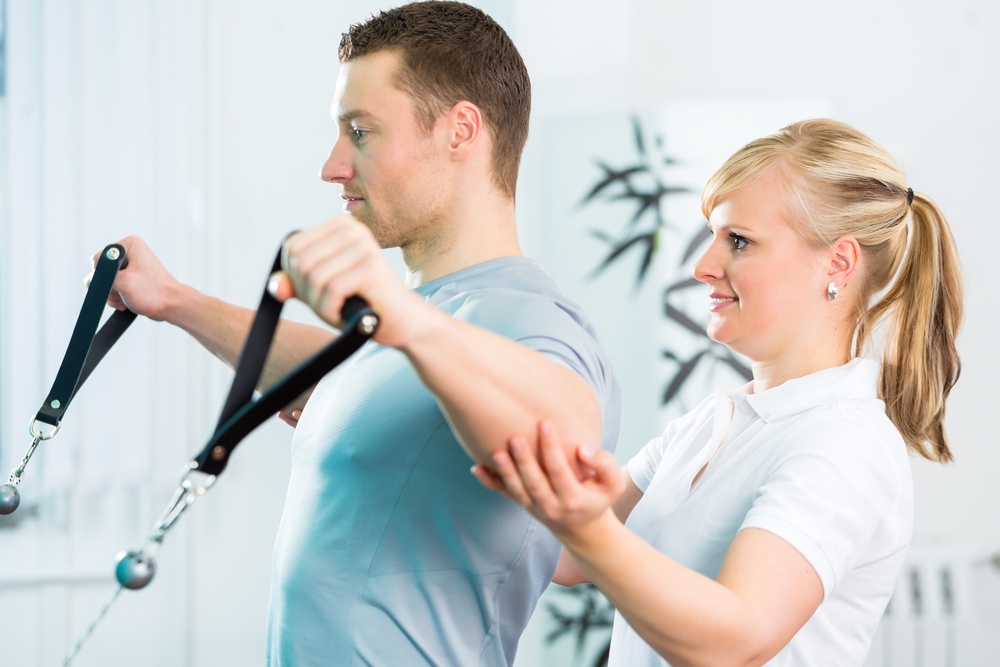Building Psychological Resilience to Maximize Outcomes in Sports Treatment
Wiki Article
Mental toughness is an important attribute that can significantly elevate outcomes in athletic recovery. Competitors often grapple with setbacks that necessitate time away from their training, which can be both physically and psychologically challenging. Psychological toughness refers to the ability to remain grounded and positive in the face of hardship. It helps athletes adapt to the strain of healing, stay concentrated on their milestones, and maintain determination throughout the healing process. By developing psychological strength, athletes can enhance their recovery experience and return to their discipline stronger than before.

A single key aspect of building psychological strength is setting realistic objectives. When sportspeople are recovering, it is crucial for them to have well-defined, achievable objectives during their rehabilitation. These plans should be specific, quantifiable, reachable, relevant, and deadline-driven (goal-setting) principles. For example, instead of saying “I want to get better soonâ€, an individual might set a goal like “I will follow my therapy routine three times weekly for four weeksâ€. This helps patients track their progress and keep their attention on what they can manage, reducing feelings of discouragement or hopelessness.
Another key factor in building psychological endurance is maintaining a positive mindset. Competitors should practice affirmative thinking and visualization techniques to foster a constructive mental environment. Self-reinforcing language involves replacing defeating thoughts with empowering statements. For instance, instead of thinking “I will never recoverâ€, an individual could tell themselves “I’m getting stronger with every stepâ€. Mental rehearsal can also be effective; patients can imagine themselves performing well in their discipline as they progress. These practices help build mental fortitude and reinforce the belief that recovery is possible.
Support systems play a vital role in fostering emotional toughness during rehabilitation. Sportspeople should stay connected with supportive peers, relatives, mentors, and healthcare providers who understand the demands of rehabilitation. Transparent dialogue with these care team members allows recovering individuals to express their thoughts, worries, and frustrations. Additionally, sharing experiences with other go now recovering peers can provide a sense of belonging and empathy that makes the process easier. Knowing others have faced comparable obstacles can encourage hope and motivate individuals to persevere.
Lastly, mindfulness techniques can significantly improve an athlete’s mental resource resilience during treatment. Present-moment focus involves being aware of one’s thoughts and sensations without bias. Practices such as mental stillness, controlled breathing, or gentle movement can help individuals manage unease and emotional pressure related to their healing process. By incorporating these techniques into their everyday schedules, recovering individuals learn to stay present and focused on their progress, rather than dwelling on what they have missed during their time off from activity. This method promotes psychological balance and encourages a healthier attitude towards rehabilitation.